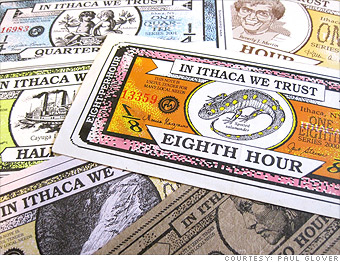Musician Frank Zappa had a lot to say about pop culture, censorship, taxes and the government. In this piece he discusses the changes that took place in the music industry during the 1970's and 80's.
It turns out those old, stodgy record label executives were pretty good for the consumer of music....
Interesting music acts of the 60's were everywhere. Some of my favorite are The Fugs, Frank Zappa and The Mothers of Invention, Grateful Dead, Nina Simone, John Handy, Alice Cooper Band, MC5, The Yardbirds, The Impressions, Gil Evans and Art Blakey and the Jazz Messengers.
Unfortunately you will rarely or never hear these bands on the radio today.
But thanks to improvements in technology new acts are recording music for the lowest cost in history. These minimal start-up investments enable bands to deliver their product cheaply and quickly via the internet directly to the consumers. This decentralized market is offering music fans far more options than we ever had before.

